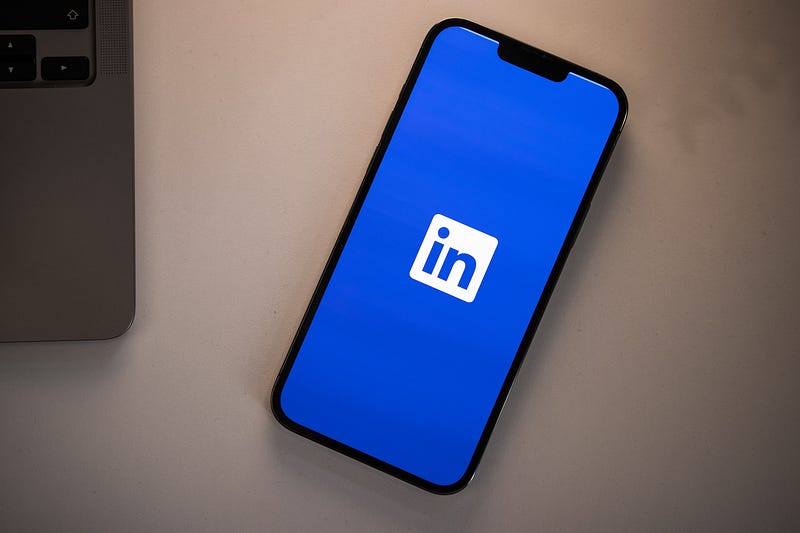Why does LinkedIn suck so much for writers? (And 5 ideas on how to make it better)

LinkedIn is often touted as the go-to platform for professionals looking to network and build their brand. However, for writers, it can often feel like a frustrating and unproductive experience. In this post, we’ll explore some of the reasons why LinkedIn falls short for writers and offer some suggestions for how to make it better.
1. The algorithm is geared towards other industries
LinkedIn’s algorithm is designed to prioritize content from certain industries, such as finance and technology. This means that if you’re a writer, your posts may not get as much visibility as those from other industries. This can be especially frustrating if you’re trying to build your brand as a writer and connect with potential clients or collaborators.
2. The focus on “thought leadership” can be overwhelming
LinkedIn is often described as a platform for “thought leaders” to share their expertise and insights. For writers, this can be overwhelming. The pressure to consistently produce original, insightful content can be daunting, and it can be difficult to stand out among the thousands of other writers on the platform.
3. The lack of community for writers
LinkedIn is not a platform that has a specific community for writers. The lack of a dedicated community for writers can make it difficult to connect with other writers and find support and resources. This can be especially difficult for new writers who are trying to break into the industry.
4. The lack of monetization options for writers
LinkedIn is not a platform that is geared towards monetizing content. This can be a major disadvantage for writers who are looking to earn money from their writing. While there are some ways to monetize content on LinkedIn, such as through sponsored posts or affiliate marketing, these options are limited compared to other platforms like Medium or Substack.
5. Ideas for making LinkedIn better for writers
Despite these drawbacks, there are still ways to make the most of LinkedIn as a writer. Here are a few ideas:
- Niche down: Instead of trying to appeal to a broad audience, focus on a specific niche or industry. This can help you stand out and connect with potential clients or collaborators.
- Join writing groups: There are a number of writing groups on LinkedIn that you can join. These groups can be a great way to connect with other writers and find support and resources.
- Monetize through sponsored posts: While the monetization options on LinkedIn are limited, you can still earn money through sponsored posts. This can be a great way to earn some extra income while building your brand.
- Use LinkedIn to build relationships: LinkedIn is a great platform for building relationships with other professionals. Use it to connect with potential clients, collaborators, and mentors.
- Be strategic with your content: LinkedIn’s algorithm is designed to prioritize certain types of content. Be strategic with what you post and when you post it to increase your chances of being seen.
In conclusion, LinkedIn can be a frustrating platform for writers, but it’s not impossible to make the most of it. By understanding its limitations and being strategic with your content and connections, you can build your brand and reach your target audience.